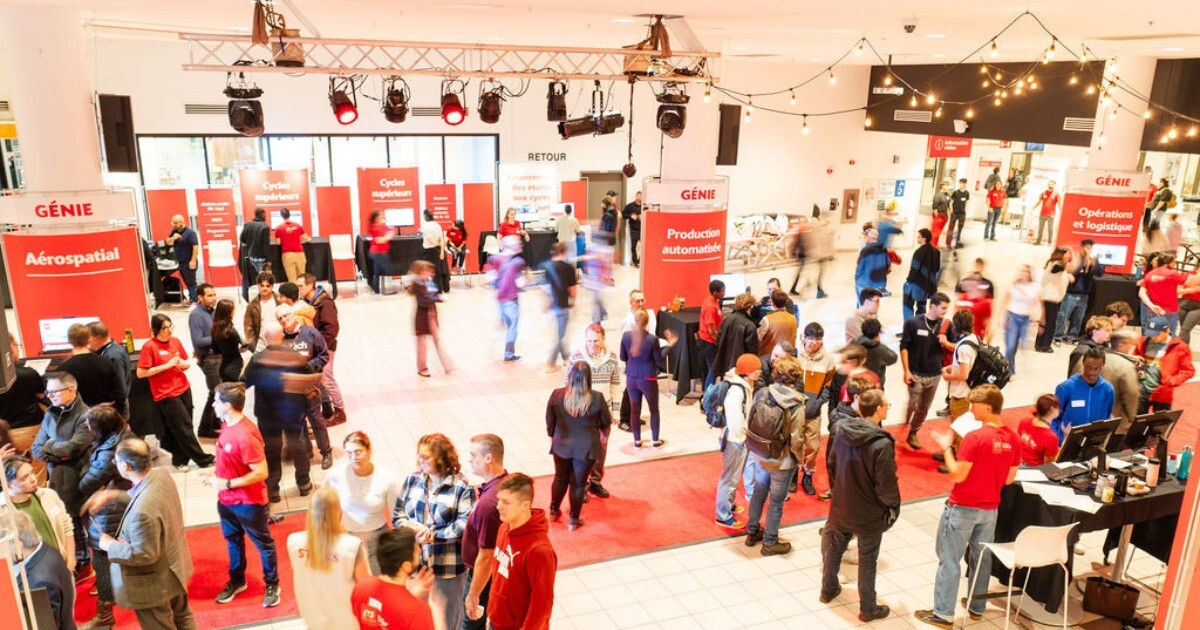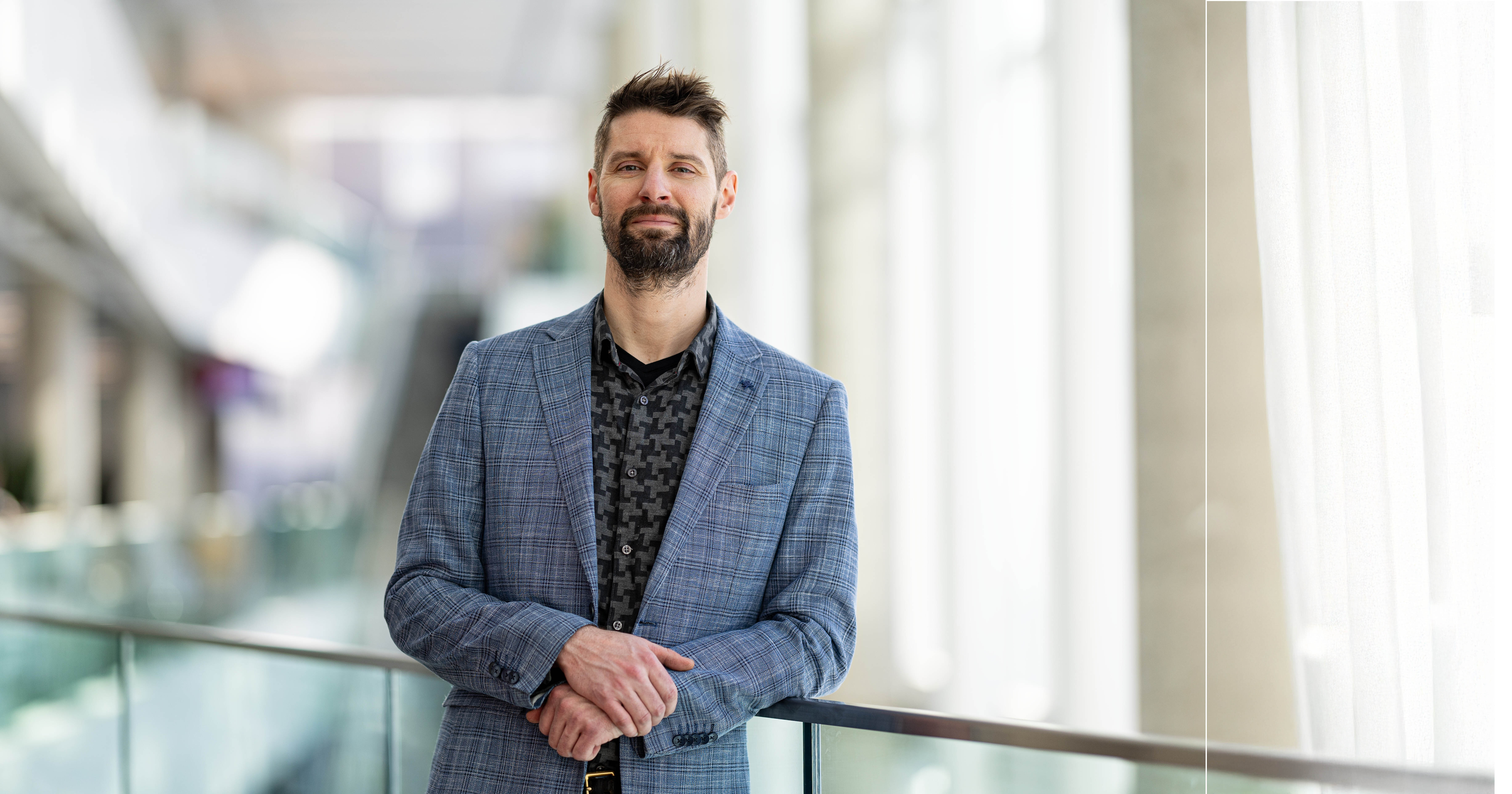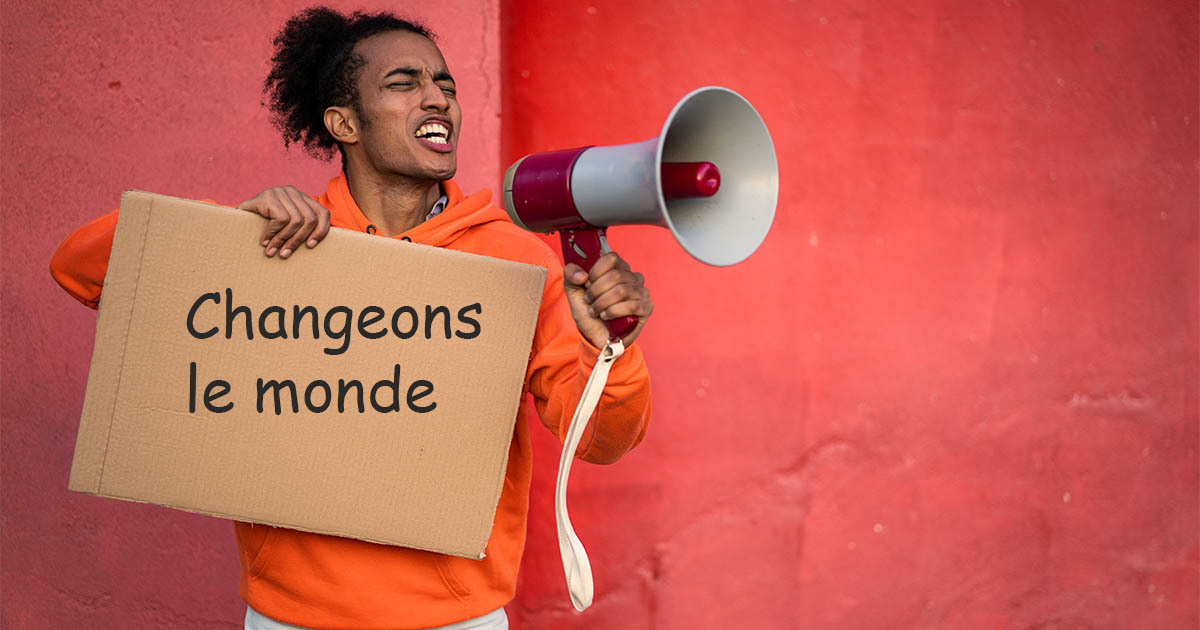
For years, new technological tools have been multiplying to help manage complex construction projects. Despite these tools, many projects are delivered later than planned, with budget overruns. Furthermore, the environmental sustainability of new structures is not evolving fast enough in response to the climate crisis. Why does this technological shift not always live up to its promises? Resistance to change? “No!” claims Silvio Melhado, ÉTS professor in the Department of Construction Engineering. “The reasons are much more complex.” In fact, he has made this his main research topic and co-authored a book on the subject.
Challenges Right From the Design Phase
Silvio Melhado has a long history in construction management. He is especially interested in the design phase. One of the critical issues at this stage is the technological shift, a not-so-new transition that is far from complete. At the heart of the problem are processes that have remained unchanged for ages, despite new tools such as BIM and artificial intelligence. “We need to understand how this transition is taking place in different environments,” explains the professor. “My aim is to implement management tools and processes to truly facilitate coordination and communication between the dozens of stakeholders in the project. Technology in itself will not solve all the problems on the worksite, it will be the way we choose to integrate it, keeping an eye on the big picture.”

Here are some of the projects Professor Melhado is working on.
Cost Management in the Initial Phases
Our project introduces a building form-based framework to estimate the life-cycle cost of facades. This framework makes it possible to assess the impact of building geometry on construction, maintenance and operating costs. Artificial intelligence is used to identify the optimal configuration according to site constraints, while the BIM 5D tool is used to estimate costs.
Integrating Artificial Intelligence in the Design Phase Management
The aim of this project is to identify potential conflicts and problems by exploring artificial intelligence as a means of improving efficiency and facilitating decision-making. Based on the contributions of a focus group and case studies, complex workflows are used to identify and analyze trends using deep learning.
Lean Construction
Silvio Melhado is also a proponent of Lean Construction, a work philosophy that aims to improve organization and efficiency by limiting waste of material resources and time. The simplest and least expensive solution is always to start a project in the right direction, to avoid catching up on bad decisions and making changes along the way.
Technology Tools Put to Good Use
To harness the full potential of BIM or artificial intelligence in construction projects, difficulties in the field must be ironed out and management tools that are well adapted to the construction environment must be integrated.



